A website that is properly optimised for Google will appear higher in search engine results pages (SERPs), and will therefore receive more website visitors. Search Engine Optimisation (SEO) is important because it helps to ensure that your website is visible to potential customers when they are searching for relevant products or services online.
Furthermore, SEO can help to improve the click-through rate (CTR) of your website, as well as the overall conversion rate. In other words, not only will more people be able to find your website, but more of those people will also take action (such as making a purchase) once they land on your site. Ultimately, SEO is an essential part of any digital marketing strategy and should be given due attention and care in order to be successful.
A website that is not properly optimised for search engine ranking will likely receive fewer visitors, and may even be buried so deep in the SERPs that it becomes effectively invisible. This guide will teach you everything you need to know about SEO, including how to conduct keyword research, optimise your website?s on-page elements, and track your progress over time.
When it comes to search engine optimisation (SEO), there is no one-size-fits-all approach. What works for one website may not work for another. However, there are some basic principles that all websites should follow in order to improve their chances of ranking highly on search engines such as Google, Bing, and Yahoo. In general, the more relevant and engaging your website is, the higher it will rank.
Here are some basic SEO tips that can help you get started:
Conduct keyword research
Before you can optimise your website for search engine ranking, you need to know which keywords to target. Keyword research can help you to identify the terms that potential customers are using when they search for products or services like yours. Once you know which keywords to target, you can then incorporate them into your website?s content in a way that is both natural and relevant. There are a number of different tools that you can use to conduct keyword research, including Google AdWords Keyword Planner and Moz Keyword Explorer.Optimise your website?s on-page elements
After you have identified the keywords that you want to target, the next step is to incorporate them into your website?s content. This includes both the text on your website, as well as the tags and metadata associated with each page. When optimising your website?s on-page elements, it is important to strike a balance between using too many keywords (which can result in keyword stuffing) and not enough keywords (which will make it difficult for search engines to understand what your website is about). In general, you should aim to use each keyword 1-2% of the time.Track your progress over time
Finally, it is important to track your progress over time. This will help you to identify which SEO strategies are working and which ones need to be tweaked. There are a number of different tools that you can use to track your SEO progress, including Google Analytics and Google Search Console. By following these basic SEO tips, you can improve your website?s chances of ranking highly on search engines and receiving more organic traffic. Remember, however, that SEO is an ongoing process, and it takes time to see results. Be patient and continue to experiment with different techniques until you find the ones that work best for your website. and should be given the attention it deserves in order to achieve success. There are a number of different factors that contribute to a website’s search engine ranking. Some of the most important include:-
The quality and quantity of the site’s content
-
The structure and navigation of the site
-
The amount and quality of external links pointing to the site
-
The presence of social signals (such as likes, shares, and followers)
-
The overall user experience (UX) of the site









